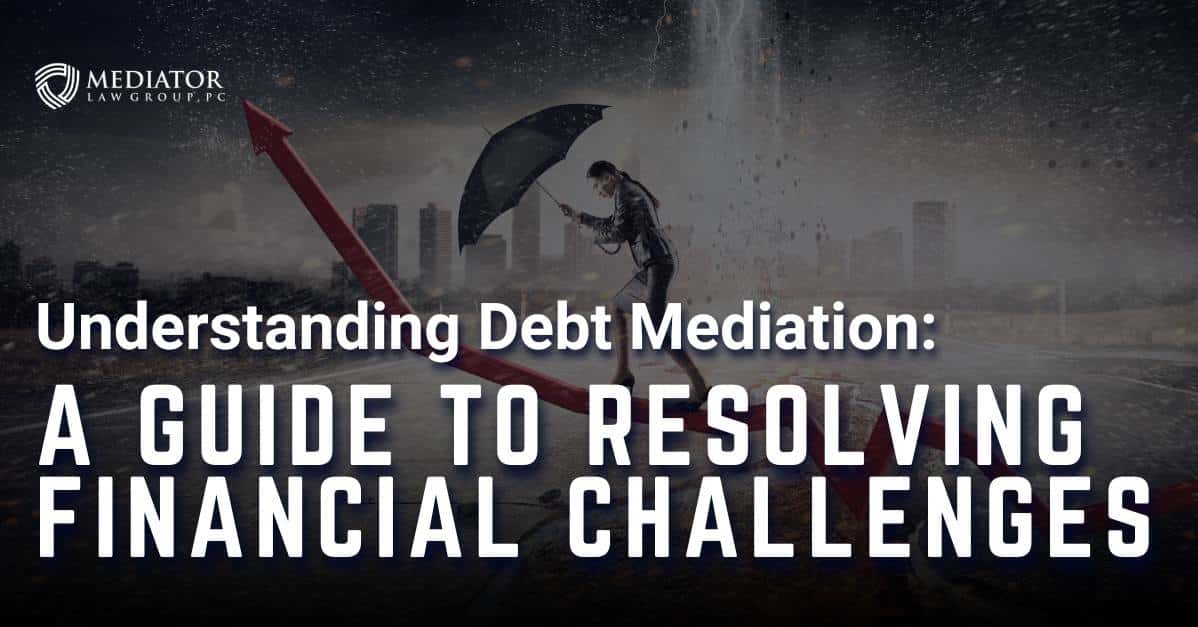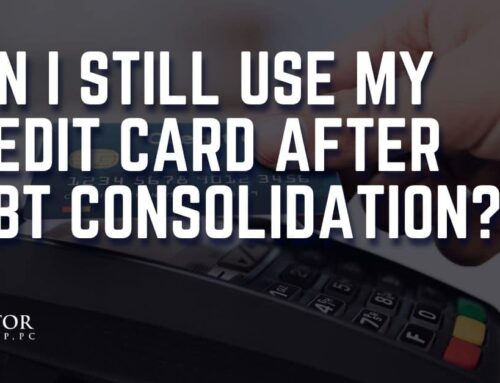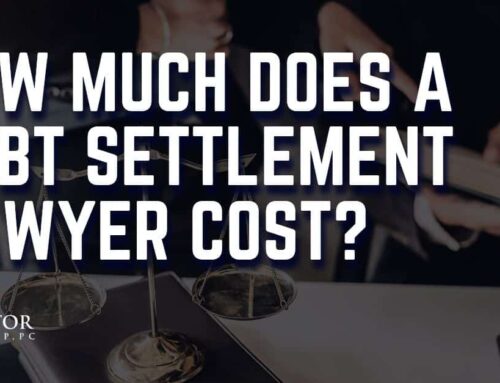Across the United States, a significant portion of households carry some form of debt, with statistics showing that around 77% of American households had debt in 2019. The average household debt? Approximately each family in debt owes about $145,000, underscoring the widespread need for effective debt relief solutions.
Many people and businesses struggle with excessive debt in the complicated financial environment of today. One’s financial well-being can be adversely affected and considerable stress can be produced by having outstanding debts from credit cards, loans, and bills. Let’s examine how debt mediation can help in these circumstances. Who knows? It may be a workable way to recover control and look for a way to get financial stability!
What is Debt Mediation?
Debt mediation, sometimes referred to as debt settlement, is a procedure in which a mediator helps a debtor—a person or organization that owes money—and their creditors—entities that receive that money—conduct negotiations. A mutually agreeable solution that settles the debt and offers some debtor relief is the aim of debt mediation.
Debt mediation does not require a court hearing, in contrast to bankruptcy. Rather, it depends on the ability to negotiate and communicate strategically in order to reach a solution that benefits all parties. If you want to avoid the long-term effects of filing for bankruptcy, debt mediation may be a good option instead of filing.
The Debt Mediation Process
The professional debt mediation process typically unfolds in several key stages:
- Evaluation and Consultation: A thorough evaluation of the debtor’s financial status is the first step in the procedure. In order to determine the extent of the debtor’s financial difficulties, a debt mediation company, like Mediator Law Group, would examine the debtor’s assets, income, expenses, and debts.
- Development of the Negotiating Strategy: The mediator creates a negotiating strategy based on the evaluation that is customized to the debtor’s unique situation. This tactic could entail listing possible settlement choices, evaluating creditor connections, and ranking debts in order of priority.
- Creditor Communication: The mediator initiates talks on the debtor’s behalf with creditors. The purpose of this correspondence is to investigate your options for debt settlement, including taking a smaller lump sum payment or creating a more organized repayment schedule.
- Settlement talks: In order to get to a mutually settlement agreement, talks are held between the mediator and the creditors. While working to negotiate advantageous arrangements that lessen the debt burden, the mediator represents the debtor’s interests.
- Resolution and Execution: After a settlement is reached, the conditions are recorded and the debtor starts carrying out the commitments that were made. This could entail paying back debt, following repayment plans, or meeting other settlement-specific requirements.
Benefits of Choosing Debt Mediation
Debt relief can seem like a lifeline for individuals burdened with overwhelming financial obligations, offering the possibility of settling debts at a reduced amount and avoiding bankruptcy. However, it’s important to approach debt settlement cautiously due to associated risks, including scams targeting vulnerable consumers.
Despite these risks, debt settlement can provide tangible benefits for those in dire financial straits.
- Debt settlement, as opposed to options like debt management plans or credit counseling, might provide a quicker path to debt repayment. Reputable debt settlement programs normally enable people to pay off their obligations in two to four years, relieving them of ongoing financial stress.
- When weighing their options, many people who are thinking about debt settlement decide between debt settlement and bankruptcy. Debt settlement allows creditors to recover at least some of the outstanding amount, although it often has less negative effects on credit ratings than bankruptcy.
- Preventing debts from being charged off to debt collection agencies or sent to collections is a big benefit of debt settlement. Usually, after a debt settlement deal is achieved, creditors will stop calling you and harass you as well .
- Debt settlement can assist people in avoiding the legal action that comes with outstanding debts, such as lawsuits by creditors requesting repayment. This part of debt settlement can ease anxiety and reduce tension associated with impending legal actions.
It’s true that debt mediation might sound like something you could easily do by yourself. But, could you really? While debt settlement offers relief from unmanageable debt burdens, it’s very important to engage with reputable professionals and thoroughly understand the terms of any settlement agreement to navigate potential risks effectively.
Why Choose Mediator Law Group for Debt Mediation?
There are several benefits to working with a respectable and professional debt mediation law company like Mediator Law Group:
- Legal Expertise: Handling intricate legal and financial issues is a need of debt mediation. The skilled legal staff at Mediator Law Group is well-versed in debt laws and regulations, so throughout the mediation process, debtor rights are protected and compliance is guaranteed.
- Effective Negotiation Skills: Our mediators are expert negotiators who know how to get the best results possible for debtors. They use their knowledge to push for just compensation and advantageous conditions that fit the debtor’s budget.
- Customized Solutions: Since every debtor’s circumstances are different, customized solutions are needed. This is why we create customized debt mediation plans to handle each client’s unique financial situation, offering support and direction along the way.
- Comprehensive Help: In addition to negotiation, Mediator Law Group provides ongoing supervision, paperwork help, and legal advice to guarantee a successful debt settlement and cash recovery.
Ready to Become Debt-Free?
A trustworthy legal company such as Mediator Law Group may provide businesses and individuals with excessive debt with a lifeline through debt mediation. Debtors can take back control of their finances and move toward a better financial future by participating in proactive negotiation and strategic settlement.
If debt is causing you financial difficulties, you might want to look into debt mediation as a helpful step toward debt relief and recovery. Make an appointment for a consultation with Mediator Law Group right now to start the process of addressing your debt-related issues.










